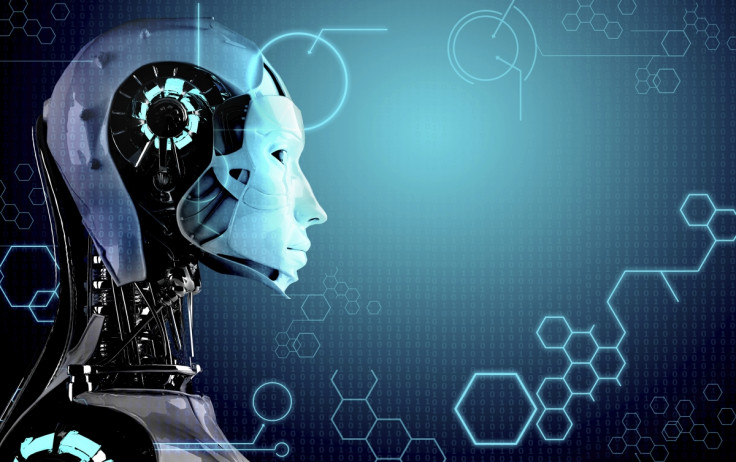Elon Musk's OpenAI unveils new virtual playground to train computers to use apps like a human would
The tool includes various environments and tasks to train AI agents on including Flash games and browser tasks.

Tesla CEO Elon Musk's $1bn non-profit OpenAI has unveiled a new virtual world called Universe that trains an artificial intelligence (AI) agent to use computers and applications the way a human would. Announced on Monday (5 December), the tool will include a thousand different environments and will focus on reinforcement learning - a popular area of machine learning in which an AI agent trains itself to perform a specific task by learning from its mistakes over hundreds of thousands of trials.
"Universe allows an AI agent to use a computer like a human does: by looking at screen pixels and operating a virtual keyboard and mouse," OpenAI said in a blog post. "We must train AI systems on the full range of tasks we expect them to solve, and Universe lets us train a single agent on any task a human can complete with a computer."
In April, the AI research company created a "gym" that allowed developers to train their AI systems and agents on a variety of Atari games, challenges and environments. The new Universe tool, however, allows any program to be turned into a gym environment.
The Universe environments lets developers use and train their AI agents including Flash games, browser tasks and games such as Grand Theft Auto 5 and slither.io. AI agents can interact with the virtual playground by sending mouse and keyboard strikes through a Virtual Network Computing (VNC) remote.
"Our goal is to develop a single AI agent that can flexibly apply its past experience on Universe environments to quickly master unfamiliar, difficult environments, which would be a major step towards general intelligence," OpenAI said.
While major strides have been made in the field of artificial intelligence over the past few years, OpenAI said these AI systems often fall into the "Narrow AI" category where "they can achieve super-human performance in a specific domain, but lack the ability to do anything sensible outside of it". They gave the example of Google DeepMind's AI programme AlphaGo which beat world champion Lee Se-dol in the ancient game of Go earlier this year.
"AlphaGo can easily defeat you at Go," the team explains. "But you can't explain the rules of a different board game to it and expect it to play with you. Systems with general problem solving ability — something akin to human common sense, allowing an agent to rapidly solve a new hard task — remain out of reach.
"If we are to make progress towards generally intelligent agents, we must allow them to experience a wide repertoire of tasks so they can develop world knowledge and problem solving strategies that can be efficiently reused in a new task."
With the Universe, AI researchers will not only be able to train and test their AI agents but also use it as a benchmark for their agents' progress. The OpenAI team says the Universe draws inspiration from the ImageNet, the standard database of images used to train and benchmark image-recognition AI.
OpenAI has also invited researchers and developers to help expand the Universe's diverse repertoire of challenges by integrating new environments, granting permission to use different games, programs, websites and apps in the Universe, and training agents across various Universe tasks.
The open source OpenAI programme was launched in December 2015 after securing $1bn in funding from several notables in the industry such as Y Combinator's Sam Altman, PayPal co-founder Peter Thiel, LinkedIn co-founder Reid Hoffman and Amazon Web Services among others.
Last month, the firm partnered with Microsoft to run most of its large-scale AI experiments on Microsoft's flagship cloud platform Azure.
© Copyright IBTimes 2025. All rights reserved.





















